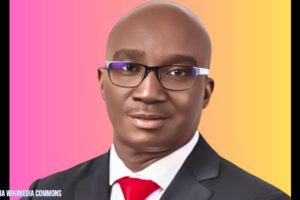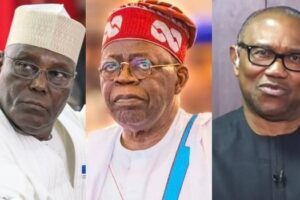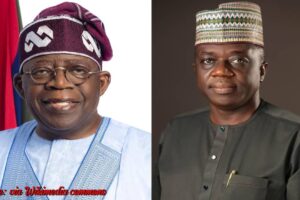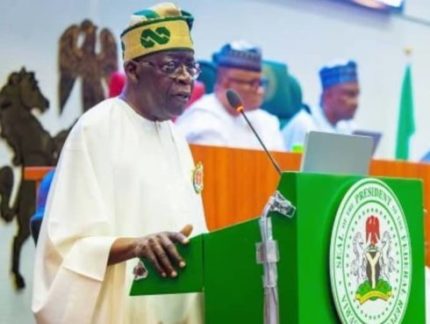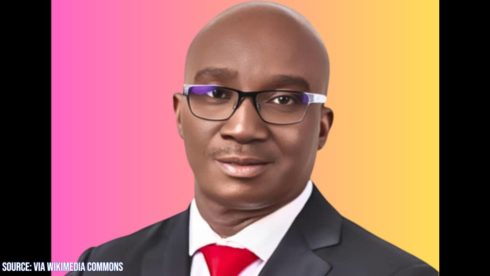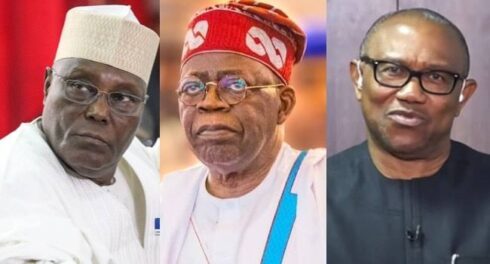The Federal Government has announced its intention to impose a 5% tax on telecommunications services, gaming, and betting activities, sparking widespread reactions across the nation. This proposal aims to bolster the country’s non-oil revenue sources, addressing fiscal challenges in an economy heavily reliant on oil. The decision was disclosed during a recent stakeholder meeting organized by the Ministry of Finance, where industry players were informed of the impending fiscal measure.
This 5% excise duty will be levied on mobile network services such as voice calls, SMS, and data usage, alongside betting and gaming transactions. The Federal Government believes this initiative will generate significant revenue to fund critical infrastructure projects. However, stakeholders in both sectors have expressed concerns about the potential burden on consumers and the industries’ growth trajectory.
Telecom Industry Voices Concerns Over Consumer Impact
The telecommunications sector, which serves millions of Nigerians, is concerned that the additional tax will lead to higher service costs for consumers. With many already facing financial hardship, industry experts warn that the increase may lead to reduced access to essential communication services. According to the Association of Licensed Telecommunications Operators of Nigeria (ALTON), the proposed 5% tax will disproportionately affect lower-income Nigerians who rely heavily on mobile services.
Telecom operators argue that while the Federal Government seeks additional revenue, the tax may counteract its goal by reducing usage levels and consequently decreasing overall tax collection. Furthermore, operators may be forced to pass these costs onto their customers, ultimately driving up prices and potentially widening the digital divide, especially in rural areas.
Gaming and Betting Sector Faces Regulatory Challenges
The gaming and betting industry, already under stringent regulations, now faces an additional tax burden that could reshape its landscape. Industry players have expressed concerns that the proposed 5% tax may stifle innovation, reduce consumer spending, and slow down the rapid growth the sector has enjoyed in recent years. With the tax added to existing levies, operators warn that margins will shrink, and profitability will diminish.
Moreover, the tax proposal comes at a time when the Nigerian gaming industry is working to formalize and expand its operations, particularly in online gaming. The tax may force smaller operators out of business while larger ones adjust their strategies to cope with the increased cost of doing business. The gaming industry is calling for a dialogue with the Federal Government to find a balance between tax revenue and sustainable growth.
Public Reaction: Mixed Views on the 5% Excise Duty
Public reaction to the proposed 5% tax has been mixed, with some citizens supporting the Federal Government’s efforts to increase its revenue base, while others express concerns about the financial strain on everyday Nigerians. Many argue that the telecommunications and gaming industries are already overburdened with various fees and levies, and the introduction of a new tax will only add to the economic challenges faced by the population.
Conversely, supporters of the tax believe that it could provide much-needed funds for social welfare programs and infrastructure projects. They argue that, if managed properly, the additional revenue could be used to improve services such as healthcare, education, and transportation, benefiting the wider population. However, concerns about transparency and efficient utilization of the funds remain at the forefront of public discourse.
Economic Experts Weigh In on Revenue Diversification
Economic experts have lauded the Federal Government’s move to diversify its revenue streams, recognizing the importance of reducing the country’s dependence on oil. Nigeria, Africa’s largest economy, has long struggled with revenue generation due to fluctuating oil prices and challenges in other economic sectors. The introduction of the 5% tax on telecommunications, gaming, and betting is seen as a strategic move to stabilize the nation’s finances.
However, experts caution that the tax should be implemented in a way that does not stifle economic growth or disproportionately affect low-income citizens. They recommend a phased implementation and robust regulatory framework to ensure the policy’s success without causing significant disruptions in affected industries. If well executed, the excise duty could position Nigeria for a more sustainable economic future.
Federal Government and Stakeholders Seek Middle Ground
As the proposed 5% excise duty moves closer to implementation, the Federal Government has initiated discussions with key stakeholders from the telecommunications and gaming sectors. These talks aim to address concerns and explore ways to mitigate the potential negative impacts on consumers and businesses. The Federal Government remains firm in its stance that the tax is necessary for national development, but is open to adjustments that will ease the transition for affected industries.
Many are hopeful that a compromise can be reached, ensuring that the tax achieves its revenue goals without crippling key sectors. Industry leaders are advocating for measures such as tax reliefs for low-income consumers or phased implementation to allow businesses to adapt gradually. The outcome of these negotiations will be critical in shaping the future of Nigeria’s telecommunications and gaming landscapes.
Table of Contents
Discover more from OGM News NG
Subscribe to get the latest posts sent to your email.

